Top Class Actions’s website and social media posts use affiliate links. If you make a purchase using such links, we may receive a commission, but it will not result in any additional charges to you. Please review our Affiliate Link Disclosure for more information.
Some people may choose oil-free skin care products for many reasons, including aesthetic and dermatological reasons, or based on personal preference. Others may wish to avoid certain ingredients that may cause them to have an allergic reaction.
While consumers may specifically seek out oil-free skincare or cosmetics products and pay a premium for them, some consumers are alleging that they have been deceived by companies that advertise their products as being “oil-free,” when in fact they are not. Neutrogena, Murad, Tarte, CeraVe, and Aveeno are just a few brands with products that attorneys are investigating concerning potentially false or misleading advertising.
What are Oil-Free Skincare Products?
Many skin care products contain some type of oil. However, oil-free skincare products purport to be free from these kinds of ingredients. Dermatologists may recommend noncomedogenic or oil-free skincare products to control oily skin and patients who struggle with clogged pores and acne breakouts.
Oil-free skin care products can include cleansers, moisturizers, and makeup.
It can be difficult to identify which skincare products actually do contain oil since “oil” may not be listed on a product label as a specific ingredient. Instead, you may see ingredients derived from oils on skincare product packagings, such as Ethylhexyl palmitate, triglycerides, and jojoba esters. Other common ingredients — such as glycerin — may not be oil in its current state but are derived from triglycerides which come from oils.
Do Oil-Free Skincare Products Contain Oil?

In an action commenced against skincare company Murad, the lead plaintiff maintained that he was tricked into purchasing Murad Clarifying Oil-Free Water Gel, only to discover that it contained dimethicone and polyisobutene — two synthetic oils.
Additionally, a suit filed last year against Johnson & Johnson in a California federal court claimed that Neutrogena’s oil-free moisturizer contained Ethylhexyl palmitate, and soybean sterols, which are each derived from oil. Another action filed against Johnson & Johnson in an Illinois federal court raises claims that 40 of the company’s products are falsely labeled as “oil-free,” arguing that a number of ingredients should be classified as oils.
Due to the complexity of the organic compounds that make up the ingredients within a product, it can be extremely difficult for a person to determine what ingredients are oil-based, or derived from oils, when reading a product label. Most consumers are not familiar with the scientific names of oils, which may sometimes be used on labels to conceal oil or oil-derived ingredients.
Does the FDA Approve Oil-Free Skincare or Cosmetic Products?
FDA regulation of a skincare product is contingent upon whether it is classified as a cosmetic or a soap. Generally, the U.S. Food & Drug Administration does not require that oil-free cosmetics products be approved before reaching the market. However, cleansing agents that are meant to be used as soap are regulated by the agency. Oil-free lotions are classified as either soaps or cosmetics, depending upon their intended use.
Although the FDA does not regulate cosmetics products, it does regulate product labeling, requiring that any claims made on a package are truthful and will not mislead a consumer. Significantly, even though preapproval is not required for labeling of cosmetics products, the FDA does require that any labeling complies with the Fair Packaging and Labeling Act so consumers can make informed decisions concerning their purchases. If a label doesn’t contain an accurate statement of the ingredients or fails to reveal material facts, it may be misbranded — and thus, subject to regulatory action by the FDA.
ATTORNEY ADVERTISING
Top Class Actions is a Proud Member of the American Bar Association
LEGAL INFORMATION IS NOT LEGAL ADVICE
Top Class Actions Legal Statement
©2008 – 2024 Top Class Actions® LLC
Various Trademarks held by their respective owners
This website is not intended for viewing or usage by European Union citizens.

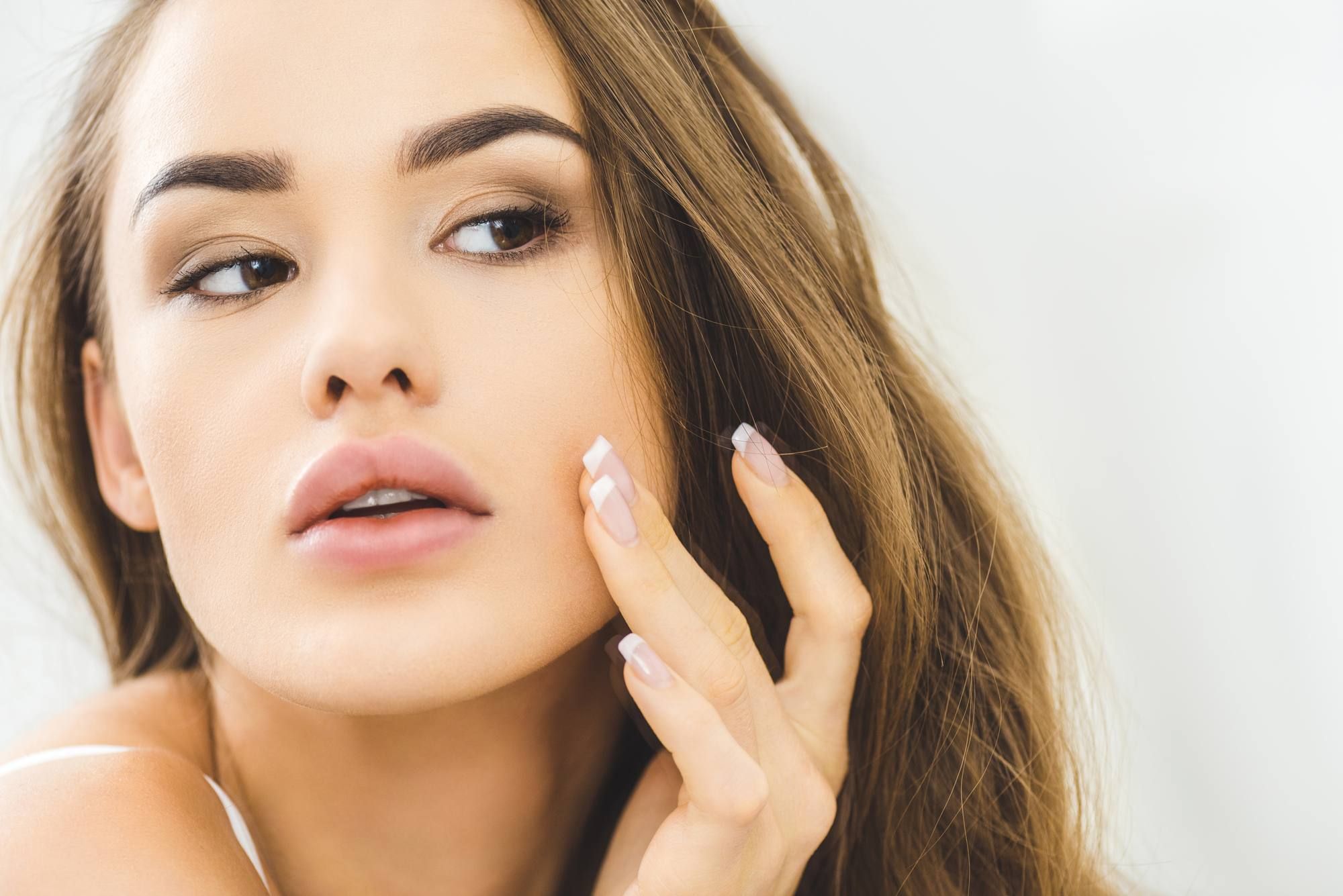


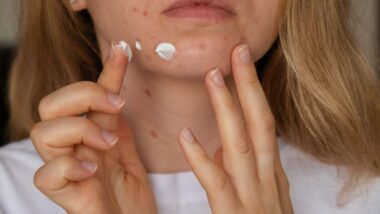
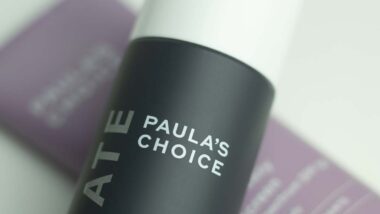
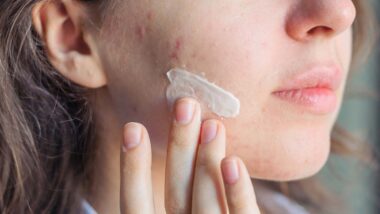
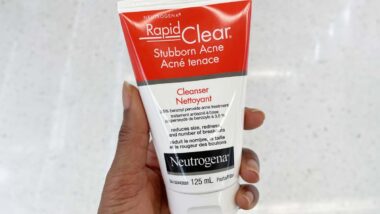
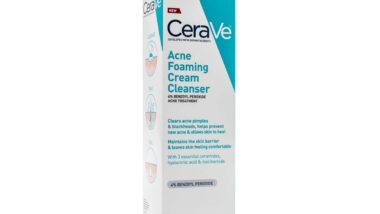
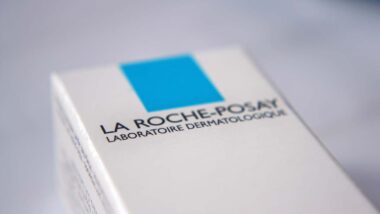

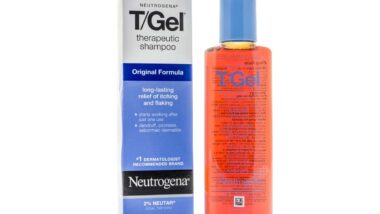



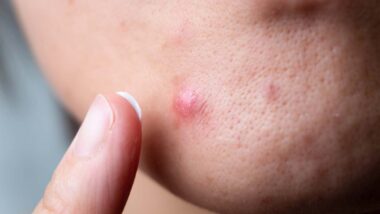
45 thoughts onOil-Free Skincare Products: What You Need to Know
Bought many of these. Skin irration
Please add me….I shouldv
Please add me